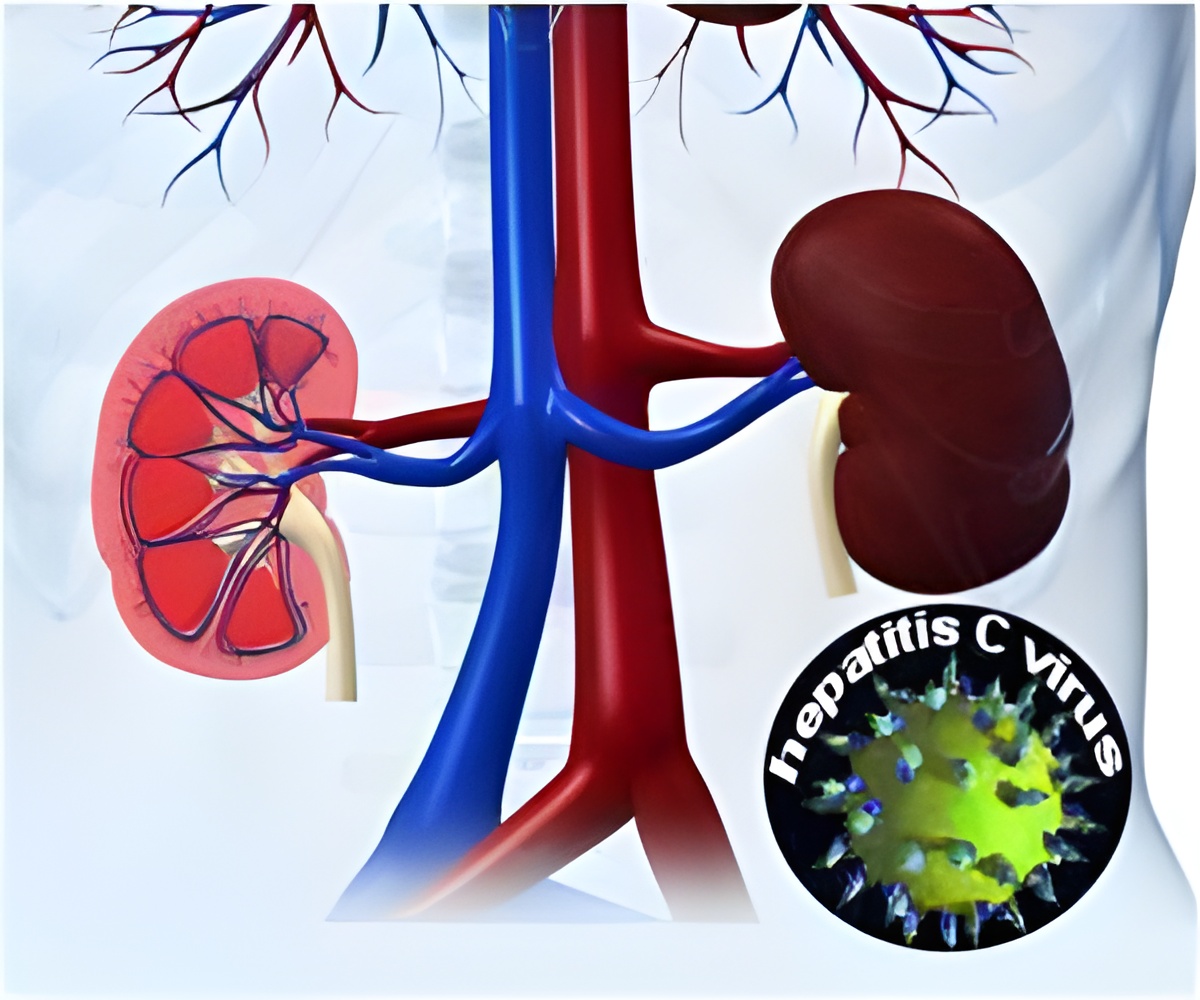
Yoshio Hall, MD (University of Washington, Seattle) and his colleagues investigated the rates and determinants of waitlisting and deceased-donor kidney transplantation among 503,090 non-elderly adults of different racial and ethnic groups who initiated dialysis between 1995 and 2006. They followed the patients through 2008.
The researchers found that the annual crude rates of deceased-donor transplantation from the time of dialysis initiation were lowest in American Indians/Alaska Natives (2.4%) and blacks (2.8%), intermediate in Pacific Islanders (3.1%) and Hispanics (3.2%), and highest in non-Hispanic whites (5.9%) and Asians (6.4%).
The reasons for these differences in rates varied among racial and ethnic groups: blacks, American Indians, and Alaska Natives face continued difficulty in accessing transplant waitlists, primarily due to socioeconomic factors, while Hispanics and Pacific Islanders encounter delays from waitlists, which may be negatively influenced by regional organ availability, linguistic isolation, and perhaps cultural isolation. "Looking forward, our study suggests that interventions to address local population-specific barriers to transplantation may help to reduce overall racial, ethnic, and socioeconomic disparities in accessing kidney transplantation," said Dr. Hall.
Source-Newswise















